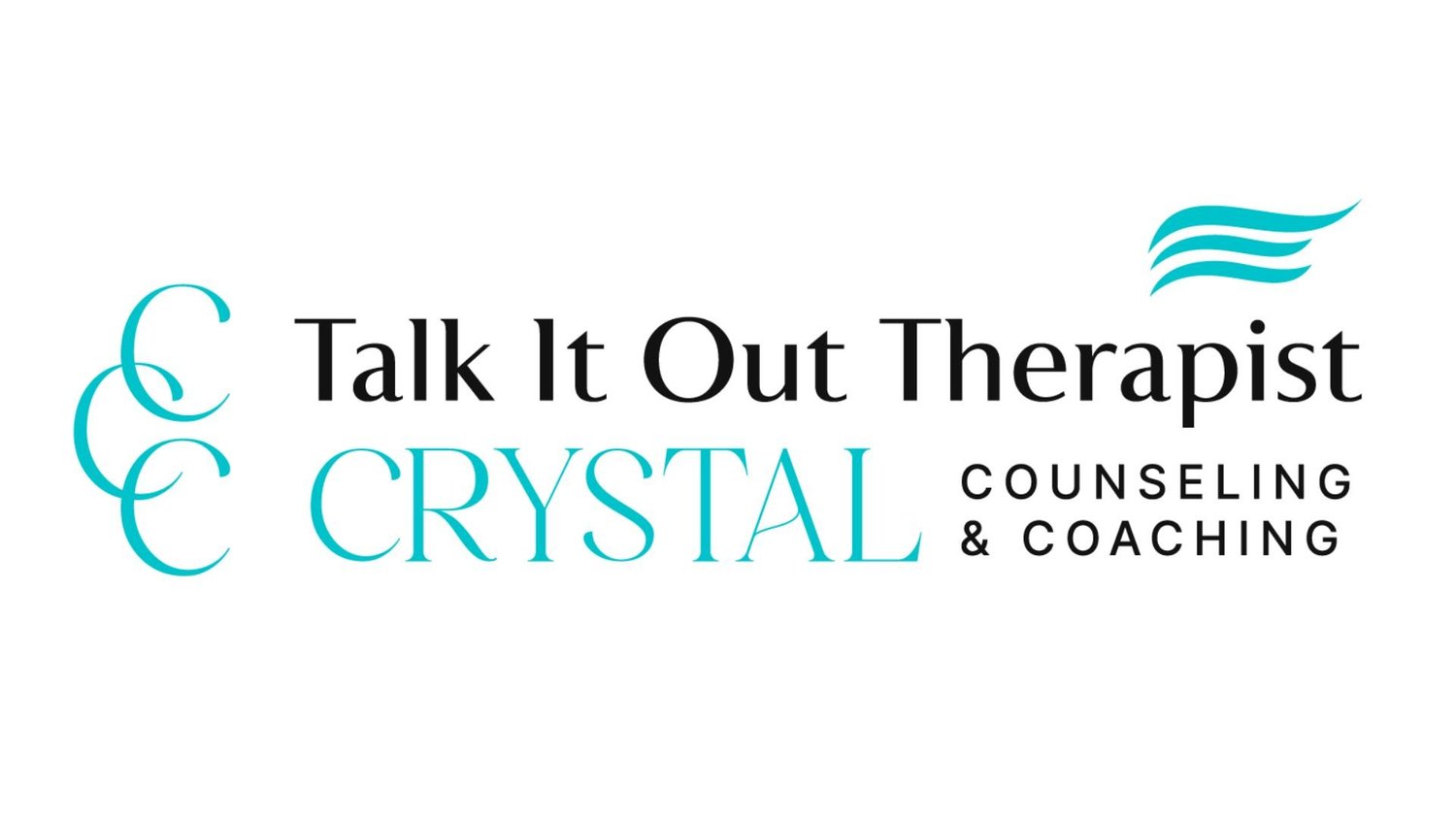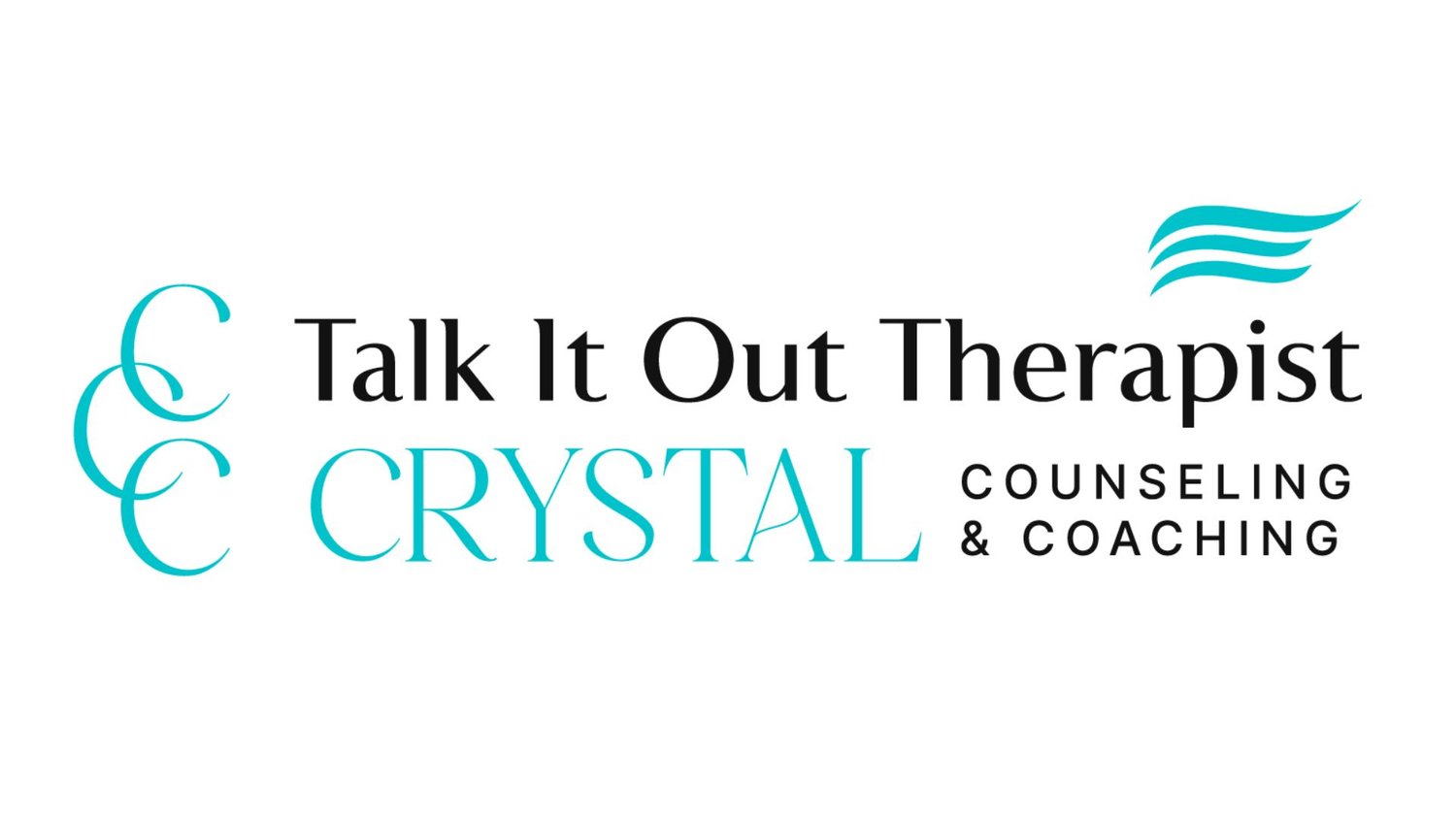Social media and Relationships: 5 boundaries to promote a healthy love life
Relationships and social media: Is social media a problem in your relationship?
While there are certainly ways social media can positively impact relationships, there are some concerns that mindful couples may choose to negate by implementing boundaries. Arguably the number one concern for couples using social media, is that social media can fuel relational dissatisfaction. Constantly being bombarded with filtered-to-fake-perfection moments can feed comparative thoughts, which leads to many couples becoming disenchanted with their own relationship. Unfortunately, some may even leave a normal, healthy, and meaningful relationship simply because it may not “feel” like all those other couple’s posts “look.” Seeing photo after photo of seemingly happy couples doing fun things can make less than neutral feelings unnecessarily aggravated. It can be so easy to forget that social media is a less than authentic highlight real when you and your partner haven’t had the best day. But a life well lived is made up of all kinds of days, and even the healthiest relationships experience ups, downs, and the occasional quarrel. The truth is that relationships take effort, commitment, and sometimes, social media boundaries.
How to manage social media usage in relationships: 5 boundaries that can help healthy relationships co-exist with social media.
Establish no-phone zones.
A no-phone zone is a place or situation where no phones are in sight. You could make the dinner table, the bedroom, or even date night a no-phone zone. No-phone zones are powerful, because they teach self-control and allow couples to mutually create a special space that is just for them. Especially considering how addictive social media can be, couples who employ this boundary often feel that taking a step back from social media is equivalent to taking a step towards each other.Clearly define what ‘emotional cheating’ means for your relationship.
Social media can provide an easy avenue for infidelity-related behaviors or emotional cheating. Spying on exes or confiding emotional or personal-to-the-relationship information with others are examples of behaviors that could potentially lead to relational harm. While it is common to have and enjoy healthy relationships with a diverse group of friends, couples may create a boundary here by agreeing on what forms of dialogue may be inappropriate and what information should be kept private. By identifying what discussions are exclusive to your relationship, you can create a topical boundary and steer clear of emotional cheating.Agree to a social media detox.
The association between social media and social health is no longer a hypothesis. Research is abundantly clear that there is a correlation between an increase in social media usage and a decline in mental and relational health. If you and/or your partner are spending more time scrolling each day than connecting with each other, then a social media detox may be a beneficial, temporary boundary to employ while you discuss what long-term boundaries to implement when social media usage returns.Create a social media etiquette unique to your relationship.
Social media can often feel like the proverbial third person in the relationship which can make effective face-to-face communication very difficult. Phubbing (paying attention to your phone instead of giving your full attention to the person you are with) bothers a lot of people and can make them feel ignored and unimportant. Healthy relationships thrive on emotional connection, so work with your partner to develop a social media etiquette for whenever you are together and particularly for when you are on a date or away together on a trip.Create customized boundaries with professional support.
Boundaries are never one size fits all, and many couples find that therapy is very helpful for creating and committing to social media boundaries successfully. Especially if conflict around social media usage has disrupted your relationship or day-to-day life, couples therapy may be very helpful for developing and incorporating boundaries and learning how to coexist with social media.
You are not alone
If this topic resonated with you, you are not alone. Research shows that over 70% of couples spend more time on their phone than they do with their love interest. If you and/or your partner opt to spend hours every day scrolling over having quality, undistracted, one-on-one time with each other, then your relationship might benefit from some social media boundaries.
Learning how to manage social media usage is essential for relational health and satisfaction. If you would like to set up a therapy or coaching session, I offer convenient virtual services with an easy pay-as-you-go scheduling feature. Please contact me to request an appointment for couples therapy. I would love to hear from you! I am here to make quality care as easy and accessible as possible, so if you have any questions, please let me know.



